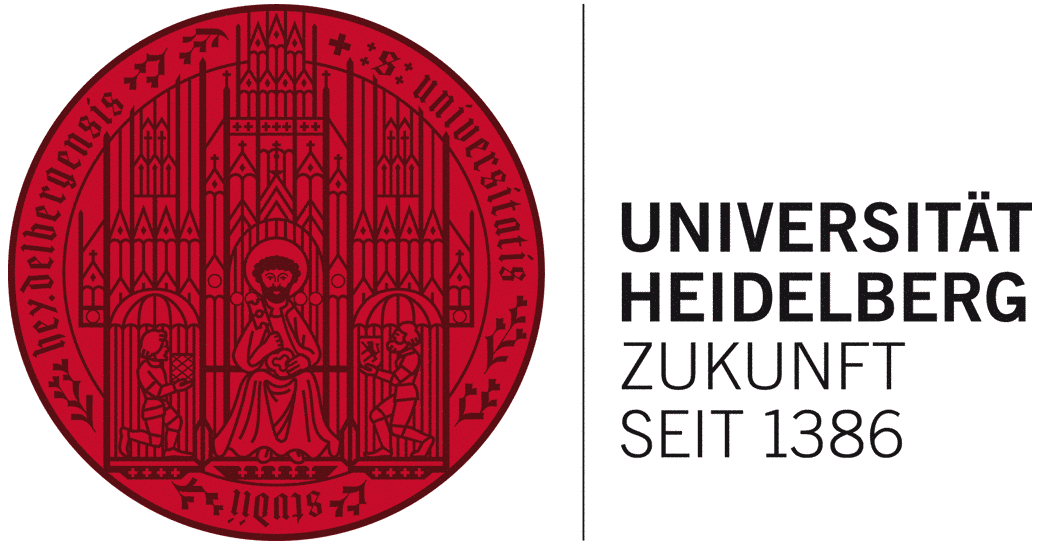
Technology compatibility of outpatient care networks for people with dementia
In the decades to come the proportion of elderly people in the overall population will increase significantly (‘demographic change’). At the same time, the average life expectancy will increase by seven to eleven years during the next fifty years. As a result, the need for care and assistance is likely to grow. In 2011, 2.5 million people in Germany were dependent on care or assistance. More than two thirds of them receive care at home from family members and care services. Additionally, 1.2 million people suffer from moderate to severe dementia, a number which is expected to double until 2050. In nursing homes 69% of the residents already suffer from dementia. This current development represents a major challenge for the provision of long term care both in nursing homes and on an outpatient basis.
Approaches to deal with these challenges include the formation of networks in outpatient care on both horizontal and vertical levels in order to improve the services while involving experts and using resources efficiently. Furthermore, especially in the field of dementia the use of technical innovation contributes to customized care which represents a great relief for all involved in care and care services.
The project aims at examining the challenges that come with both approaches and at identifying critical factors for network formation and the use of innovative technologies in the context of dementia care in order to formulate recommendations for future policy strategies in this field.The project is a co-operation with the Institute for Technology Assessment and Systems Analysis and funded within the Heidelberg Karlsruhe Research Partnership (HeiKa), a long-standing cooperation of Heidelberg University with the Karlsruhe Institute for Technology.


